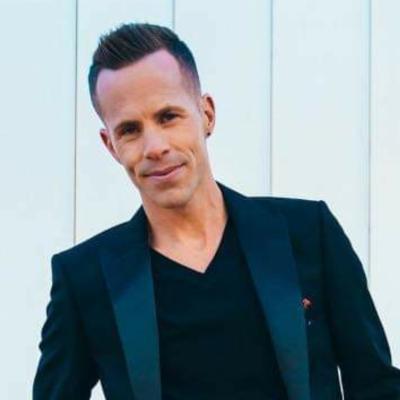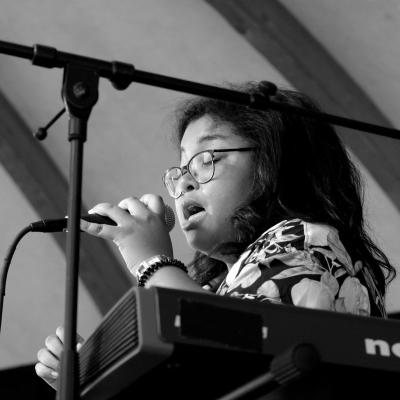Musical Comedy Classes during the Spring Break - Practical Information
6 hours per day, Monday to Friday from 9 AM to 4 PM. Supervision is provided during the lunch break (please bring a packed lunch).
Musical Theater Workshop in Lausanne
From TUE April 22 to SAT April 26, 2025 at Musical Theater Course - Rue de Sébeillon 1 - 1004 Lausanne
Ages 8-14: 10 AM to 1 PM
Musical Theater Workshop in Geneva
From MON April 28 to FRI May 2, 2025 at Comédie Musicale Genève - Rue de Carouge 7 - 1205 Geneva
Ages 8-14: 10 AM to 1 PM
Price: 490.-
Ages: 8 to 14
Classes will be led by our outstanding teacher, Melie.
Register now to ensure a summer filled with laughter, joy, and growth for your child! Click below to secure your spot. Places are limited to provide personalized and optimal support.
What do students learn? The program
Skills developed
Our musical theatre workshops in Lausanne and Geneva are designed to provide an enriching experience for children and young adults. Here are the specific skills that students will develop in each area:
Singing: Students will learn essential vocal techniques for singing in musical theatre. This includes projection, breath control and emotional interpretation. Sandrina, our qualified professional singer, will guide the students through these technical aspects.
Theatre and Improvisation: Under the guidance of comedian Mirko, students will be introduced to the art of theatrical improvisation. They will learn to create spontaneous scenes, develop their stage presence and interact with their team-mates with confidence.
Dance: Melie, who specialises in musical theatre, will teach the basics of stage dance. Students will learn movements and choreography that will enrich their overall performance.
Each skill is taught in the context of a performance staged during the week, allowing students to put into practice what they have learned. This holiday workshop format offers a unique opportunity for children and parents to discover the fascinating world of musical theatre.
Want to sign up now? Visit our SUBSCRIPTION FORM
Techniques covered, Objectives and Skills in Musical Comedy
This section gives you an overview of the skills and techniques your child can explore during our musical theatre workshops in Lausanne and Geneva. It is important to note that this list is an overview and that the focus of work will be determined with the teacher, according to the needs of the student and the specifics of the session's performance.
- Vocal techniques: Understanding the basics of breath control, projection and articulation.
- Interpretation and Emotion: Learn to sing with emotion and interact with the audience.
- Theatrical Improvisation: Techniques for creating spontaneous and interactive scenes.
- Directing: Understanding the key elements of directing, including positioning and movement on stage.
- Dance and Movement: Basics of different dance styles and how they fit into a musical theatre performance.
- Musical Narration: How singing and music help to tell a story.
- Diction and Pronunciation: The importance of clear speech in performance.
- Stage Presence: Techniques to improve confidence and stage presence.
- Teamwork and Group Cohesion: Learning to work in harmony with other artists on stage.
- Repertoire and Styles: Introduction to different genres and eras of musicals.
Students will have access to a variety of tools and materials, such as scripts, scores, audio recordings and stage props, which will contribute to their development in this field of musical theatre.
Prices
Prix :
| 1 semaine de stage | 6 heures par jour | 490.00 CHF |



